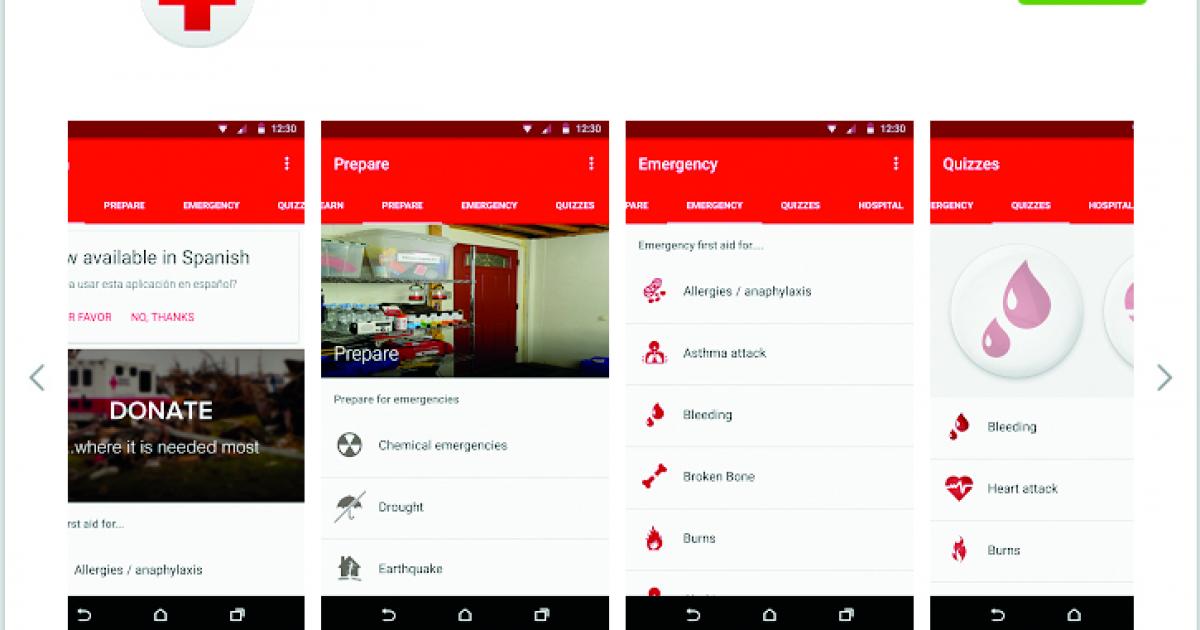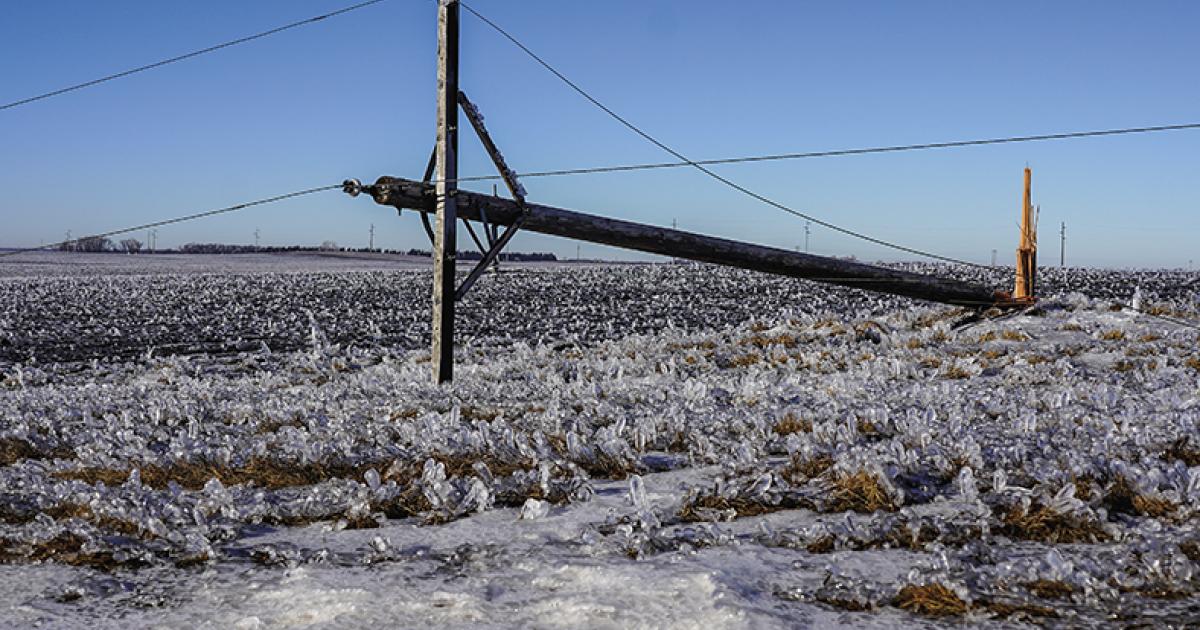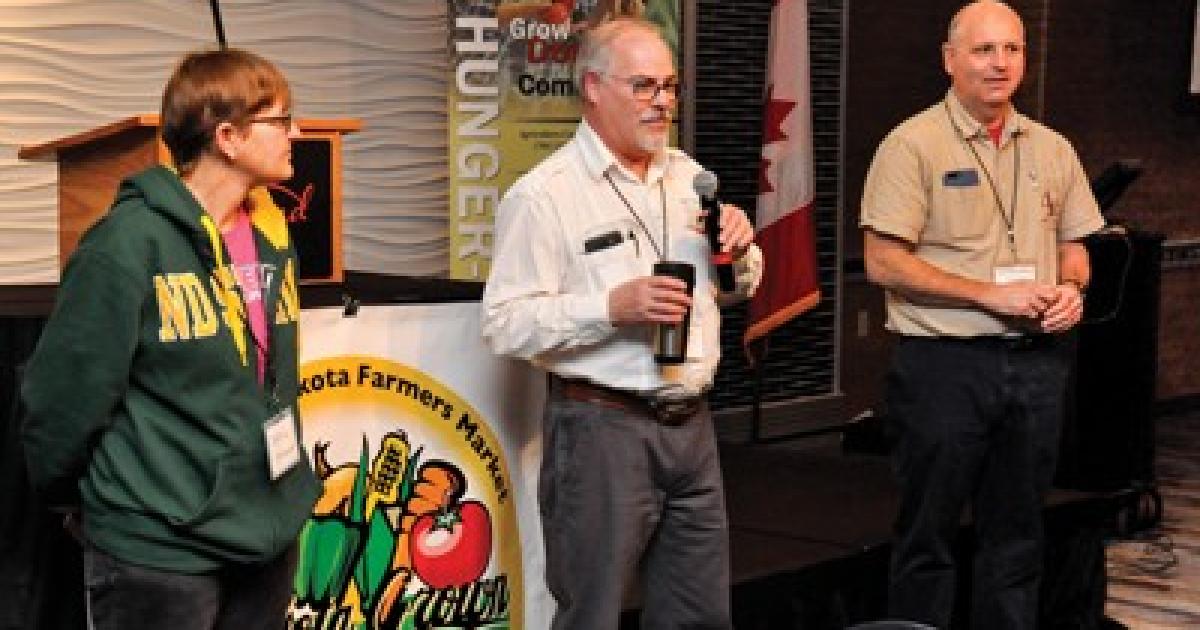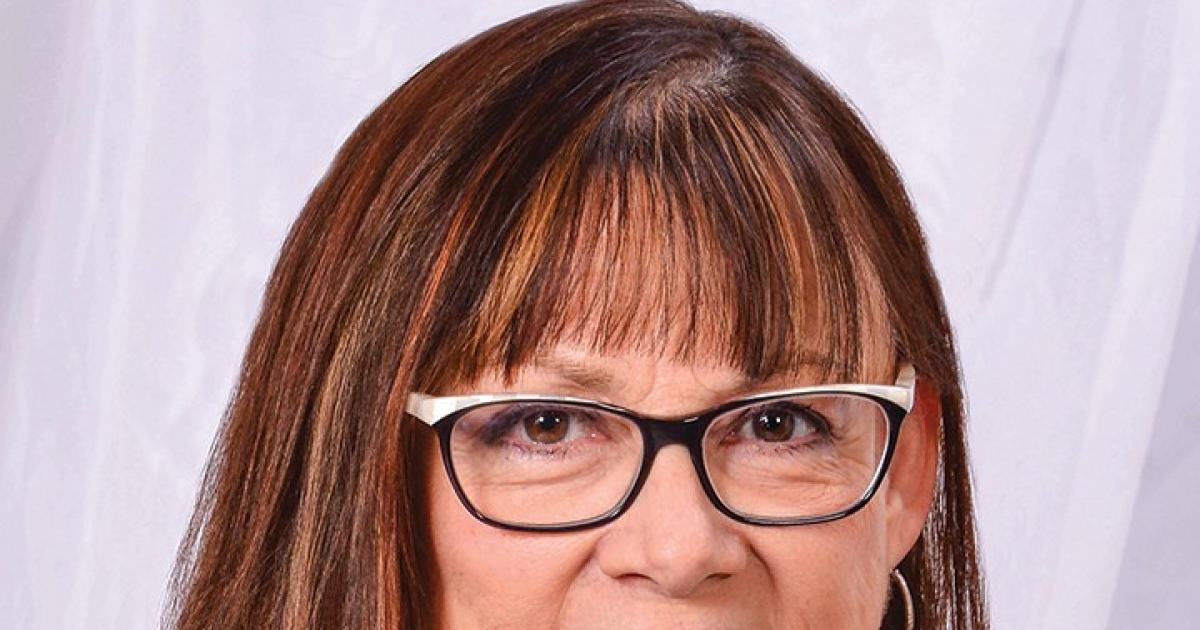It started (and ended) with a note. I was 11 years old. Our seventh-grade class party was coming up, and I was passed a note in the hallway. It was from “Dan” and read: “Will you go to the class party with me?”
I hadn’t really noticed Dan. (I was just a year past playing with Barbies in the basement.) But I was flattered to be asked to the party. I sent a note back: “Yes.”
In seventh grade, “going to the dance with me” meant we met at the high school gym. We mostly hung by the punch, potato chips and minced ham sandwiches, talking to our classmates and not each other, and attempting one arms-length, awkward dance.
Afterward, a small group of us went to Maggie’s Café for cherry Cokes. Then, it was time to head home. We all walked to the end of the block. My house was about as far from where we were as you could get. As I stepped off the curb, expecting Dan to follow, he said goodbye and took off in the opposite direction with the other kids. No one else lived in my neck of our little town.
Now, this was when guys were expected to walk a girl safely home. Even in seventh grade, I knew that. Our little town had no crime, but it was late at night, pitch dark and I was scared by myself. I remember looking over my shoulder as all the other kids walked one way and I walked the other. As soon as they were out of sight, I took off. I remember the sound of my shoes echoing against the pavement as I sprinted. The street lights flickered off the shine of my patent leather shoes. The faster I ran, the madder I got. I wasn’t supposed to be running home from the party. Dan was supposed to be walking me through the dark, scary night.
Over the weekend, my girlfriends and I dissected the whole scenario like a sentence we had been assigned to diagram for extra credit. Dan got an “F.” We all agreed I had a right to feel humiliated.
Monday rolled around. All the kids who were with us had seen him dump me at the corner.
In science class, a tightly folded note landed on my desk. It had apparently been passed from Dan in his desk close to the front of the class across several rows to me near the back. (Which meant nearly everyone in class knew there was “something” going on.) Head down, I slowly unfolded the scrap of lined paper and read the incredibly small print. It said: “I’m sorry I didn’t walk you home. I had new shoes and my feet hurt.”
I was 11 years old. I had been scared and embarrassed. Somehow, that note made me feel even more embarrassed. As the teacher continued to lecture, I alternated between wanting to cry and righteous anger. Ever so slowly, through the rest of class, I tore that note into about 100 tiny pieces. At the end of class, I walked past the garbage can by the door, opened my hand and dropped all those pieces of paper into the trash. And that was that.
I’m not sure I ever talked to Dan again. If memory serves, his family moved out of town the next year.
You would think an incident like that would be just a childhood blip, something completely forgotten. But it’s not.
I’ve told that story often over the years. I’m a storyteller and I can make it funny. Two awkward kids at their first dance, bungling every minute of it.
But 60 years later, I feel bad about it. Sure, Dan could have been upfront and explained, or just suffered through and walked me home. But, I could have offered forgiveness instead of a cold shoulder.
Remembering that incident took me down a rabbit hole of regret. The definition of regret: “Feeling sad, repentant or disappointed over something that has happened or been done, especially a loss or missed opportunity.”
All of those apply. I feel sad about the way I acted. He apologized. I ignored it. I’m disappointed about the way I acted. I wish I could have a do-over, but that isn’t the way life works, is it?
As I was working on this column, I asked people to share regrets they have about their lives. Some people instantly shared a specific regret. One wrote me an email with bullet points. Others shared painful memories. Several wondered how their lives would have been different had they taken another path.
I’ve learned while we can’t change the past, there can be an upside to regret.
I’m going to leave you to think about that until my next column in April, when I’ll share some common and not-so-common regrets, and reflect on the ways regrets can help us grow.
___
Roxanne (Roxy) Henke is reflecting on the past and looking forward to the new year. A calendar is like having a book with 365 blank pages we get to fill. Let’s make this year a great one! You can contact Roxy at roxannehenke@gmail.com.










